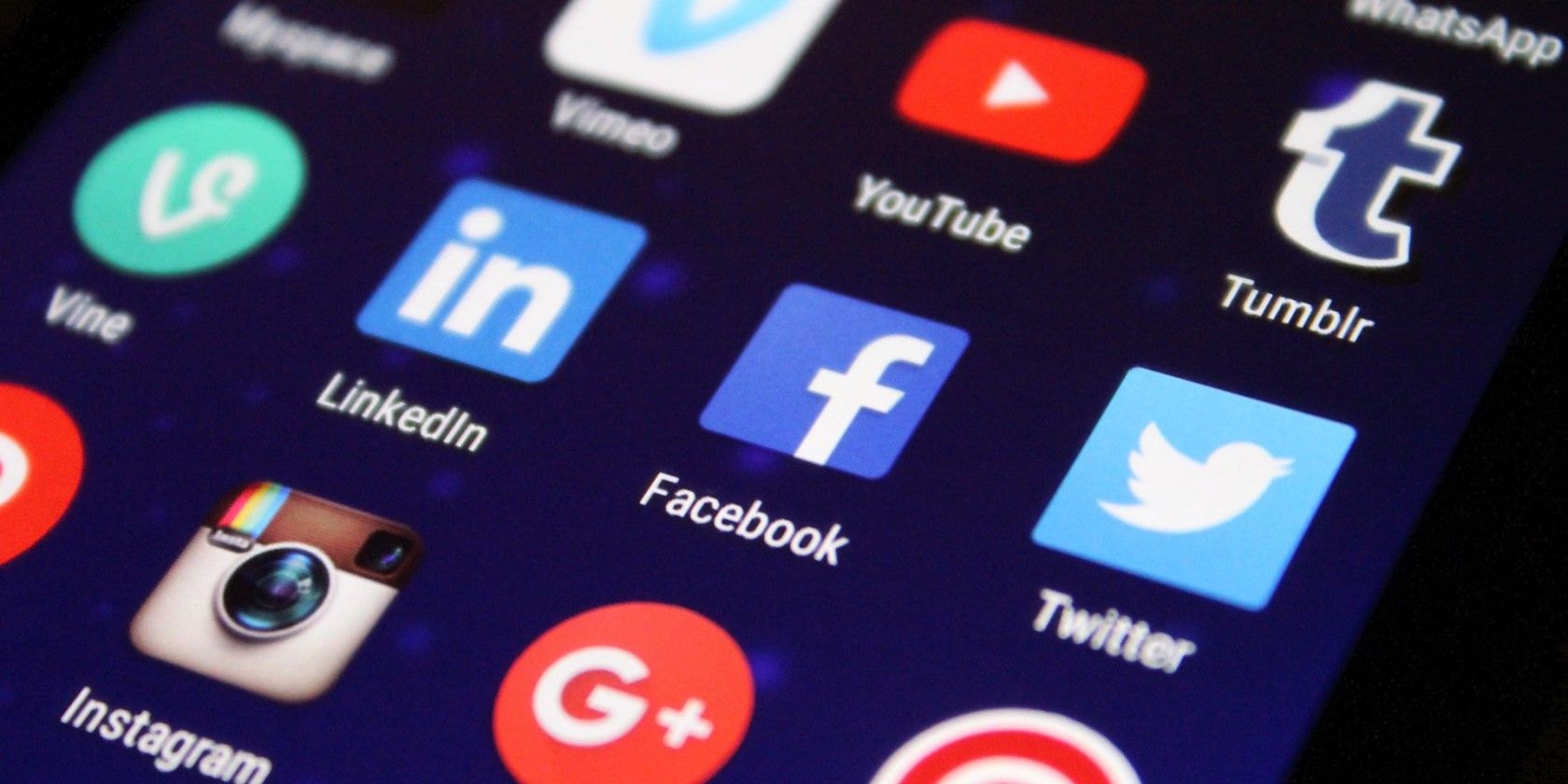Facebook and Twitter are trying to stop a New York Post article from going viral. According to both platforms, the article contains potentially false information about former US Vice President Joe Biden's son, Hunter.
Facebook and Twitter Act Fast to Block Misinformation
The New York Post article in question contains incriminating emails that have supposedly been extracted from Hunter Biden's personal laptop. Some sources are skeptical on the validity of this story.
Because of the uncertainty surrounding the article, Facebook has made the decision to limit its visibility on the platform. Andy Stone, Facebook's policy communications manager sent out a Tweet explaining the move.
Stone noted that Facebook's third-party fact-checkers still need to confirm the story. Only then will the platform decide whether to remove the story completely. Stone also stated that fact-checking is part of Facebook's "standard process" to stop the circulation of misinformation.
For now, Facebook plans on "reducing its distribution on the platform." This means that the article won't be blocked altogether; it just won't appear as prominently on users' News Feeds.
Twitter is also trying to stop the spread of the article---but for a different reason. A Twitter spokesperson said in the statement to the National Review that the platform banned the article for violating its Hacked Materials rules, stating:
In line with our Hacked Materials Policy, as well as our approach to blocking URLs, we are taking action to block any links to or images of the material in question on Twitter.
The New York Post article may contain hacked emails from Hunter Biden's computer, which violates Twitter's policy on hacked content. Twitter's rules clearly state that the site doesn't "condone attempts to compromise or infiltrate computer systems for malicious purposes."
As such, Twitter users can no longer post a URL to the New York Post article in Tweets or direct messages. Any Tweets containing the article URL before the ban will redirect users to a warning page that states: "this link may be unsafe."
Both Twitter and Facebook have made moves to secure the 2020 US election. While Twitter is working to discourage Retweets, Facebook has noted that it may restrict content on Election Day.
Social Media Responds to Potential Fake News
Facebook and Twitter both took swift action in response to this disputed New York Post article. However, this doesn't mean social media will always have your back.
Fake news often manages to slip through the cracks, and can go unnoticed for days. That said, it's best to prepare yourself in advance by knowing how to spot fake news.

